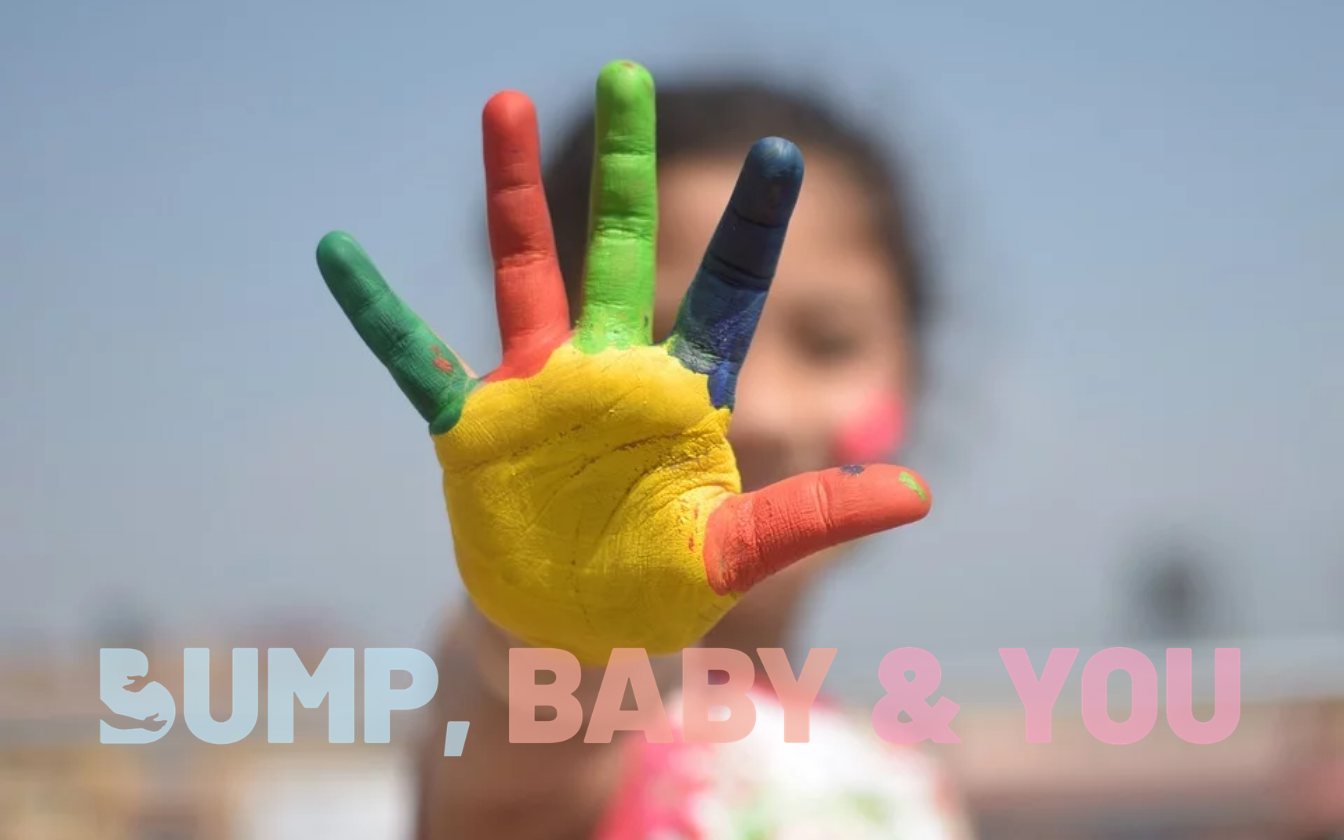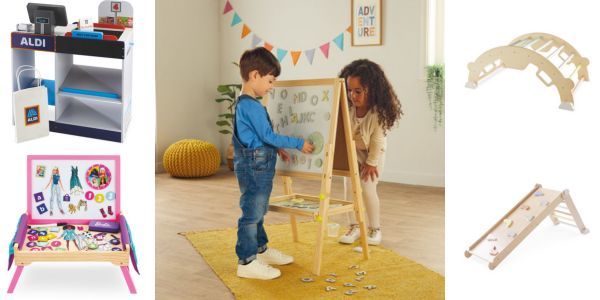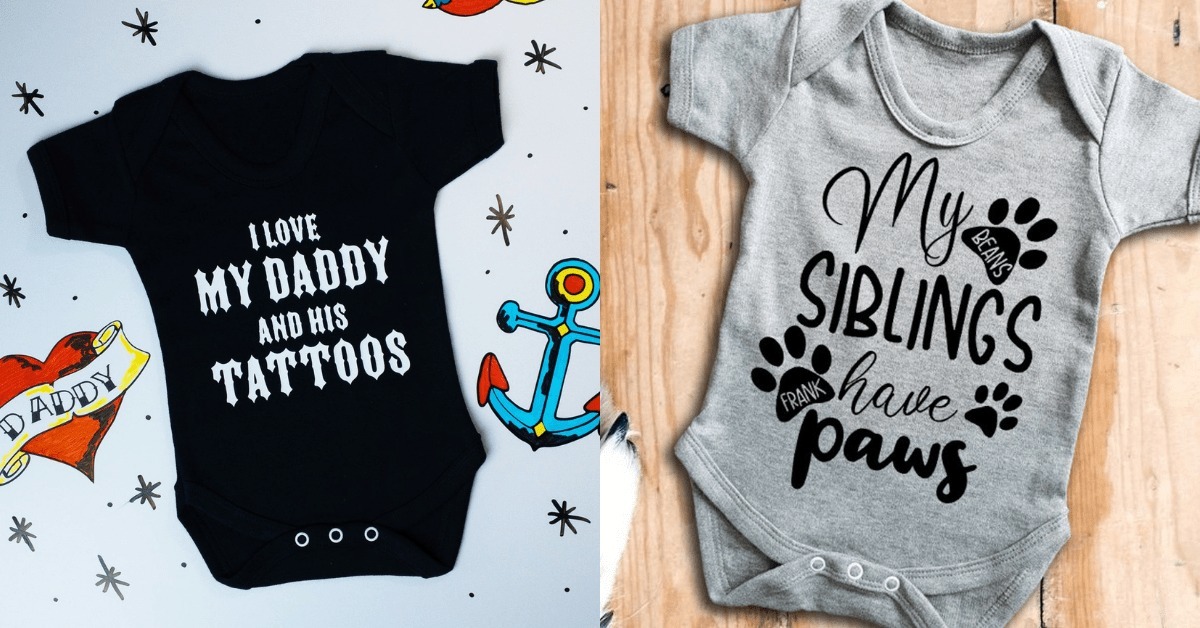.png)
.png)
Your baby depends on you for everything.
It’s normal to feel overwhelmed, angry or upset when your baby cries. Crying is their way of telling you they need something but it can be hard to figure out what they need and how to respond. And there’s nothing wrong with stepping away for a minute or two to find a calm headspace.
Most of the time there’s nothing serious going on, you just need time to get to know your baby and figure out what they need.
But occasionally crying can be a sign that your baby is poorly.
What to watch for:
- A cry that’s different from normal, if it doesn’t stop for hours, is very weak or high-pitched.
- If you normally have a baby that cries a lot and then suddenly goes quiet.
- If you instinctively feel something is wrong.
- Temp above 38C (under 3 months) or 39C (3-6 months).
- Vomiting that’s more than just milk burps, diarrhoea or constipation.
If you notice any of these signs call your GP, health visitor or midwife. If at any time they struggle to breathe when they’re crying call 111 or take them to A&E.
I want a cuddle
Your baby has been cuddled safely in your stomach for 40 weeks. And once they’re on the outside they need that same physical contact to feel safe. Your cuddles help calm and comfort, reducing the stress hormone cortisol and building your bond. If your arms are feeling sore try a baby sling.
I’m hungry
Newborns need to feed a lot. By a lot, we mean all the time! Or at least it can feel that way. They have teeny tiny stomachs so can only take on a bit at a time and feel hungry quickly. Plus they’re growing like weeds. If you’re breastfeeding let your baby tell you how often and how long they want to feed for. You might see them sucking their fists, licking their lips or opening their mouth if they’re after a feed.
If you’re formula feeding your newborn baby doesn’t need much to start with, only around 150 to 200ml a day for every kilo they weigh, from the end of the first week until they're 6 months old. But your baby might not follow that pattern and they can want different amounts on different days. So go with the flow and feed them when they show signs they want it.
I’ve got colic
If your baby cries a lot but doesn’t seem to have any other health problems this could be the dreaded colic. Your baby can get full-on rage with colic, and you might see them pulling up their knees or arching their back.
Colic is another one of those baby mysteries, no one quite knows what causes it. It can be caused by milk allergies or reflux, or simply trapped wind.
Crying going on for hours? Talk it over with your GP, health visitor or midwife.
I’m tired
Your baby spends a lot of time sleeping so how can they be tired? Babies get worn out really quickly and playing, feeding and having visitors all add to this. And once they’re overtired they can struggle to get to sleep. You might spot that they’re being fussy or stare off into the distance. That’s a sign they need a quiet space and time to catch some zzzs.
I’m too hot, no I’m too cold
Babies and toddlers aren’t great at regulating their own temperature and can easily get too hot or cold. Stick your hand down their top to check their skin as their hands and feet can feel colder than the rest of their body.
I’ve done a poo
Your baby might cry at the first sign of wee or poo in their nappy. Or they might happily sit in it for hours. But it’s a good thing to check as their skin can get easily irritated. And they might cry when you change their nappy, try chatting while you do it or having a toy on hand to distract them.
I’m crying and I don’t know why!
The first few weeks can be tough. You’re still figuring each other out and we promise in time you’ll get to know their cries and what they mean. But if you’ve exhausted the list above and your baby is still wailing here are a few tried and tested techniques to stop crying in its tracks.
- Play constant or “white” noise
- Rock, sway and make a shushing noise - baby swings are great for this
- Go for a walk
- Try baby massage
- Change feeding positions
- Burp more during feeding
- Let them suck on your (clean) finger or a dummy
- Take a warm bath together (37-38C)
It’s normal for your baby to cry so don’t blame yourself. Your baby isn’t angry at you, manipulating or rejecting you, crying is not a sign you’ve done anything wrong. You can try:
- A quick break. Pop your baby in their cot and go and take a breather for 5 minutes.
- Get a friend or family member over so you can have a rest and they can deal with the crying!
- Track down your mum support group - they could be the women you met in antenatal classes or a local baby group. They’ll know exactly what you’re going through.
- Chat to your health visitor, midwife or GP to make sure there are no health issues and get the support you need.
- Call Cry-sis 08451 228 66.
Found this helpful? Read: Why Does My Baby Get Hiccups?


.png)







